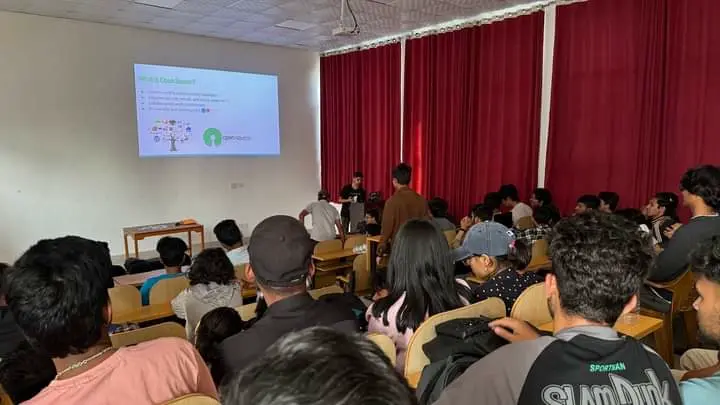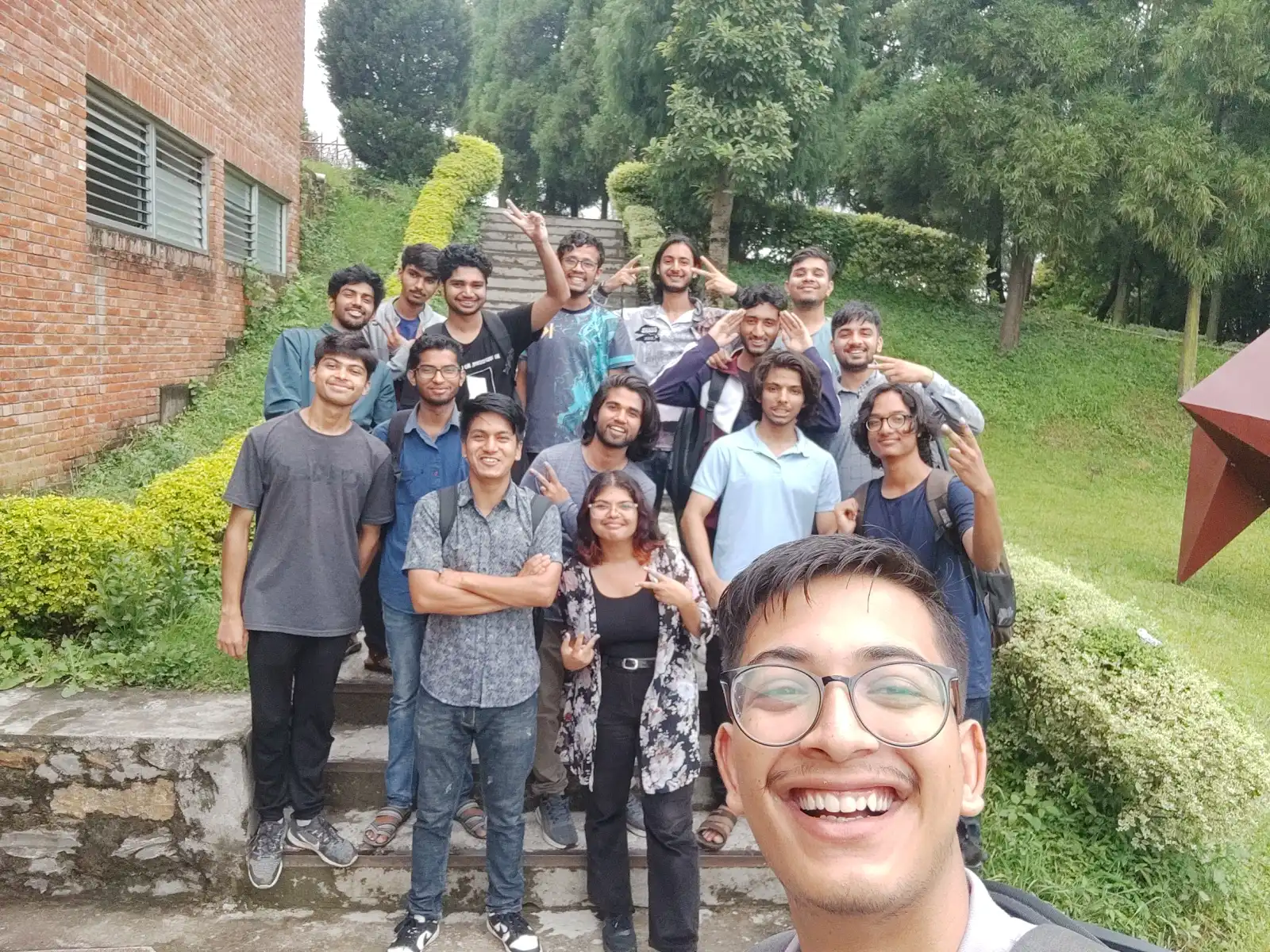
On August 09, 2024; us here at Kathmandu University Open Source Community celebrated OpenStreetMap day.
What is OSM?
Founded by Steve Coast in 2004, OpenStreetMap(OSM) is a collaborative, open-source mapping project with its aim being
to a free and editable map of the world.
And no, it's not same as Google Maps, while Google Maps is proprietary and focuses more on providing polished
user interface but limited access to raw data, OSM provides full access to it's underlying geographical data.
Which makes it a goto choice for developers interested in customizable mapping solutions.
Why was OSM founded?
Like many other open-source projects, the OSM was founded in response to the lack of liberty.
The project was largely motivated by the restrictive policies of national mapping agencies like the Ordnance Survey,
which did not release their data for public use.
Peeking into its history, after the project started in 2004, the OpenStreetMap Foundation was established in 2006 to support the project's
growth and manage its operations.
This nonprofit organization promotes the distribution and development of free geospatial data.
Likewise, in 2007, OSM hosted its first annual conference, "State of the Map," in Manchester, further strengthened its community and outreach efforts.
By this time, OSM had grown to over 9,000 registered users.
To date, OSM has millions of users around the world.
The event
Moving toward the event, the speaker for the day was Mr.Suraj Thapa.
He shared his previous experiences and his ideologies toward the OSM project. In addition,
he also shared problems that could be solved using OSM, he gave examples of:
Disaster and Climate Resilience, Humanitarian Mapping, etc.
We learned about the impact of the OSM community.
We progressed toward the end of the event by sharing our experiences with OSM or open-source in general, and ended the event by cutting the cake brought especially for this day.
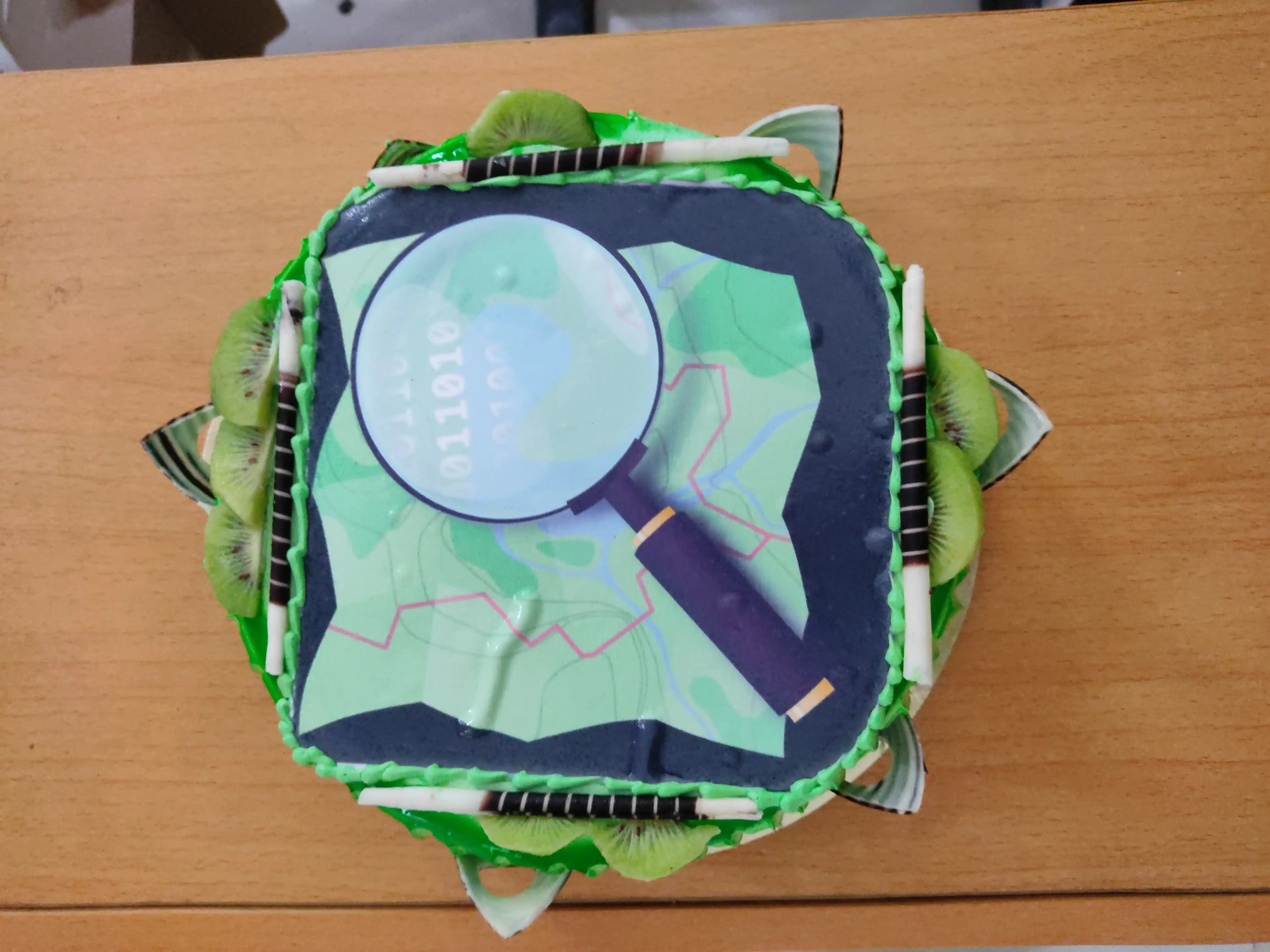
Resoucres:
- Slides presented on the event here.

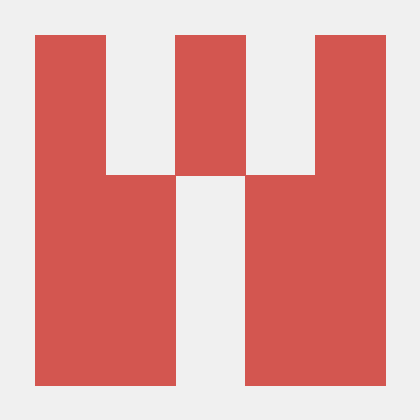
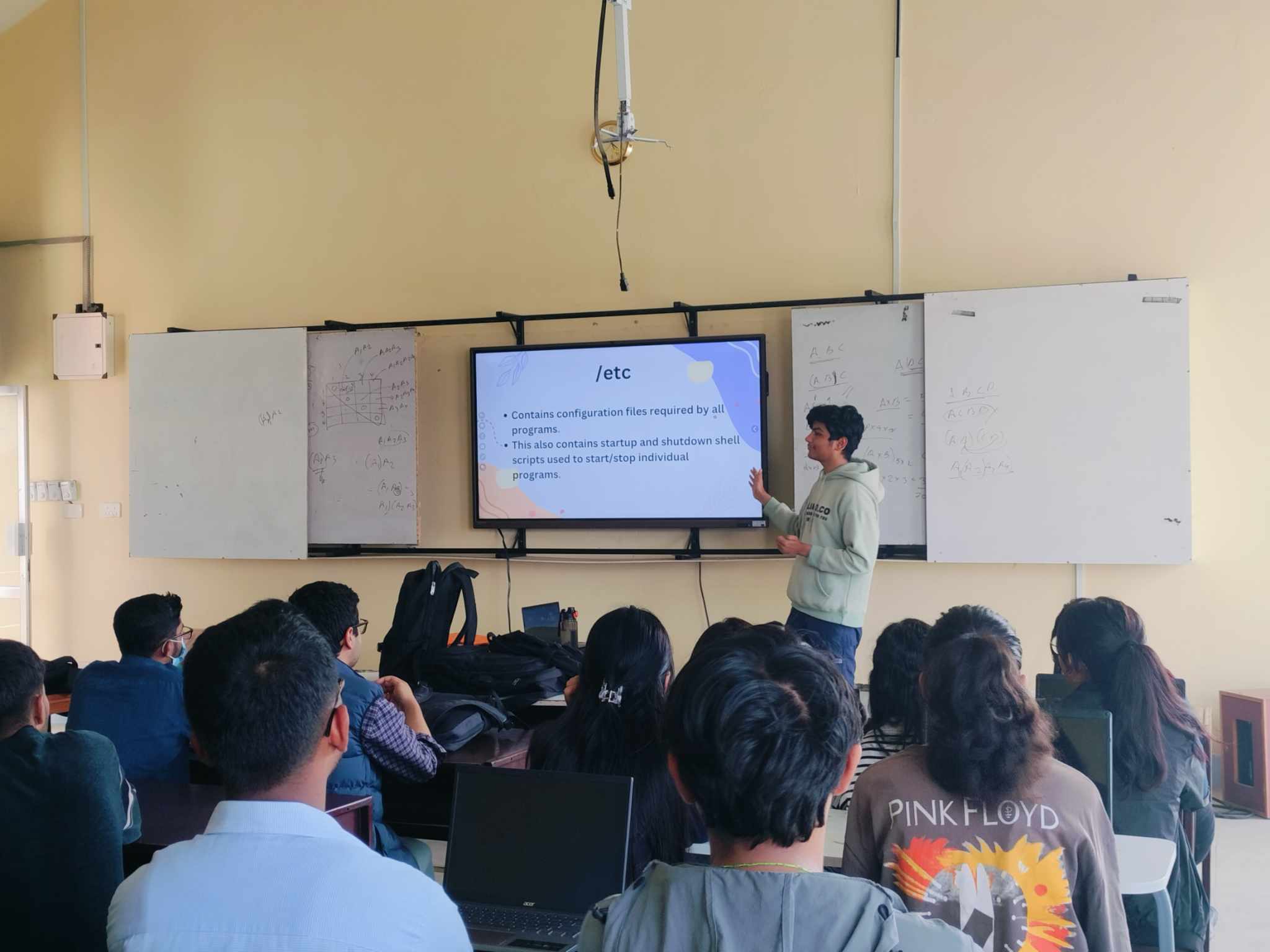
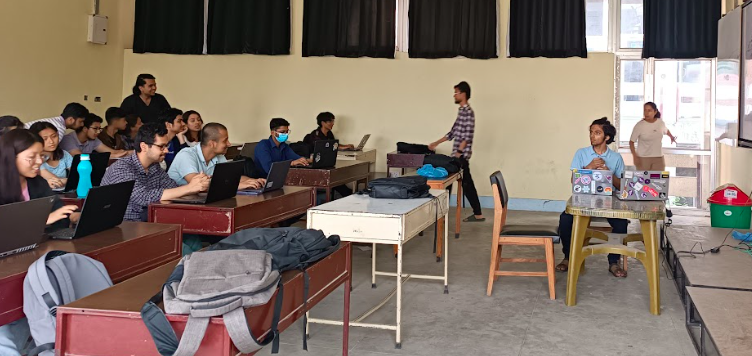
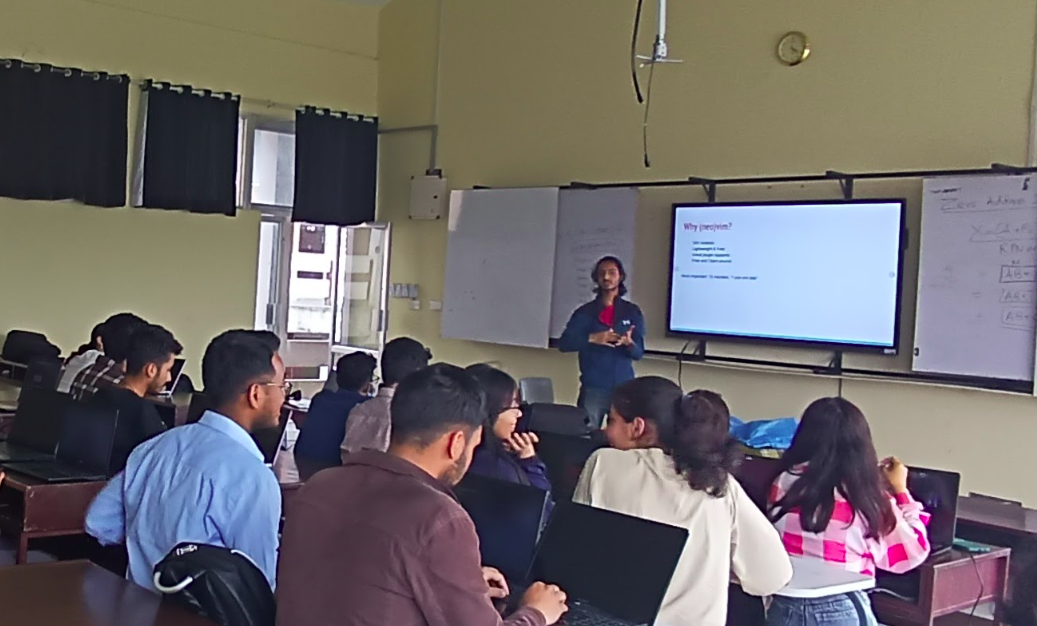
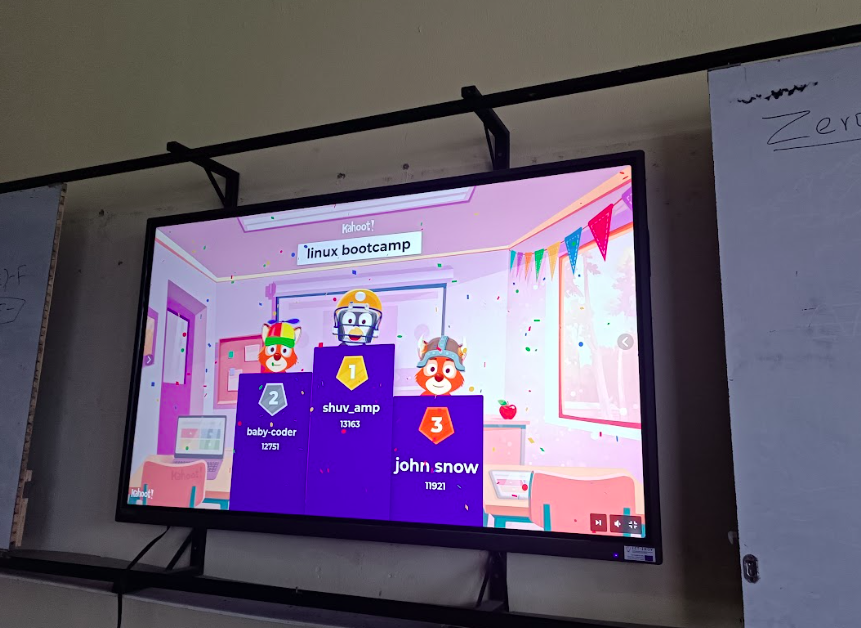
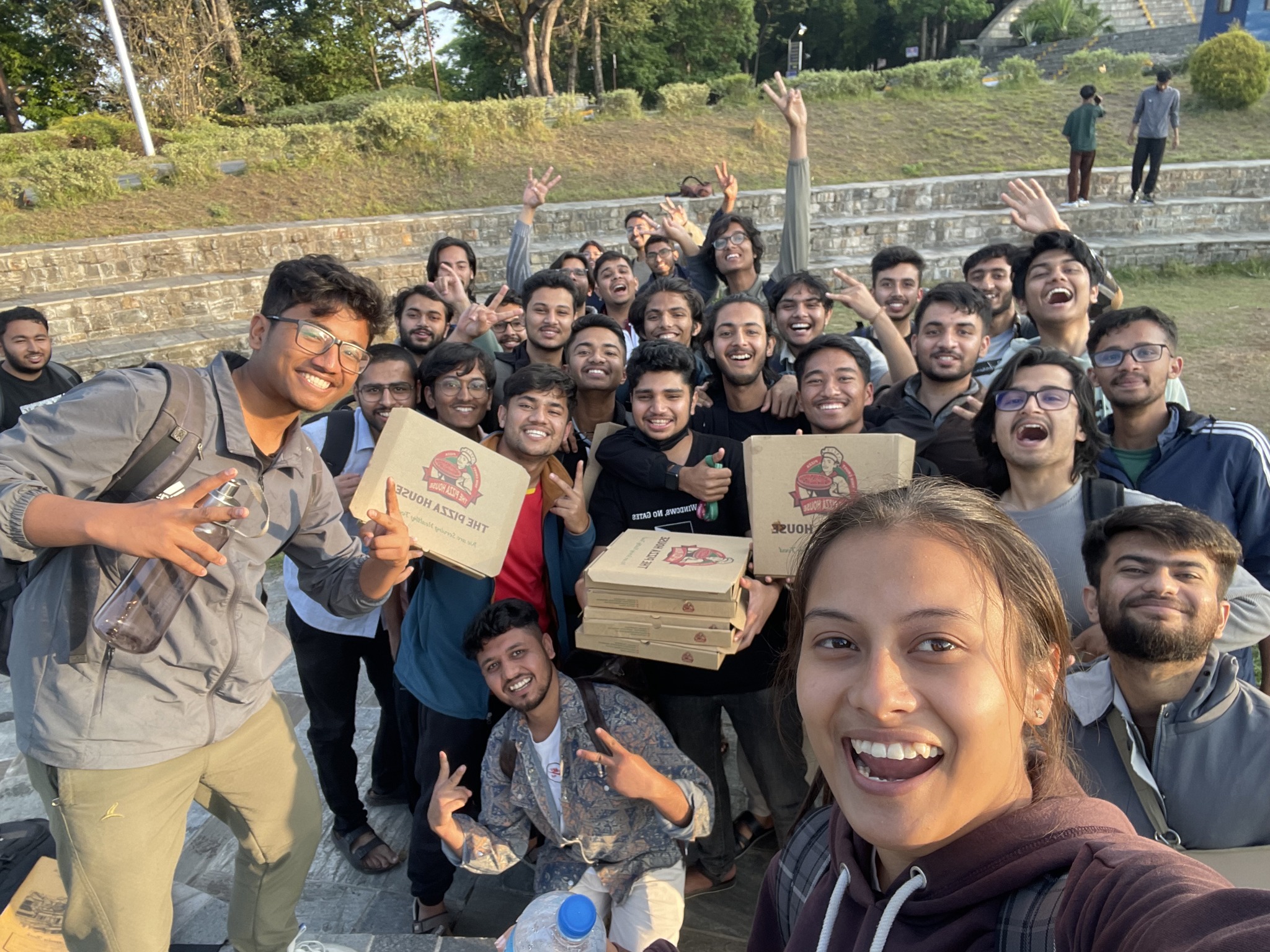 May-12-2024
May-12-2024
